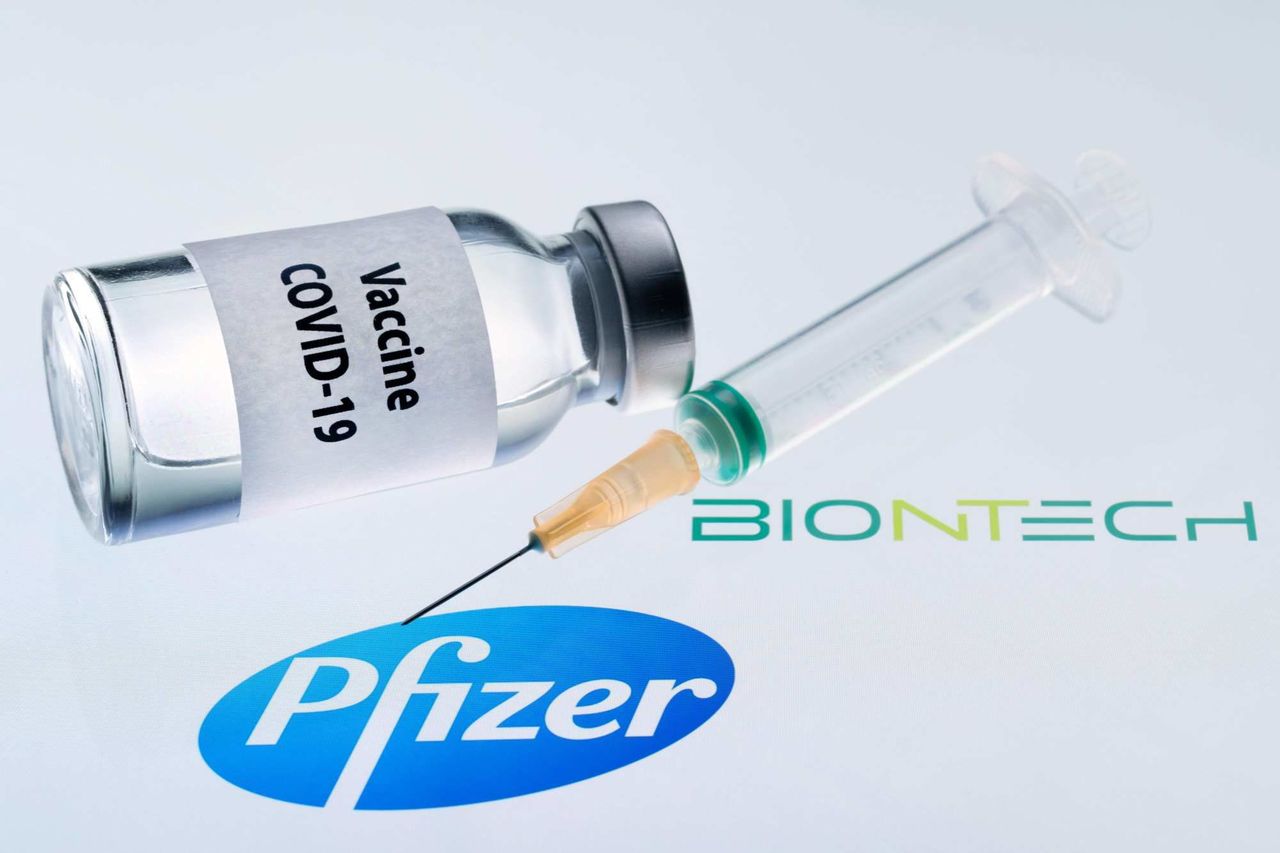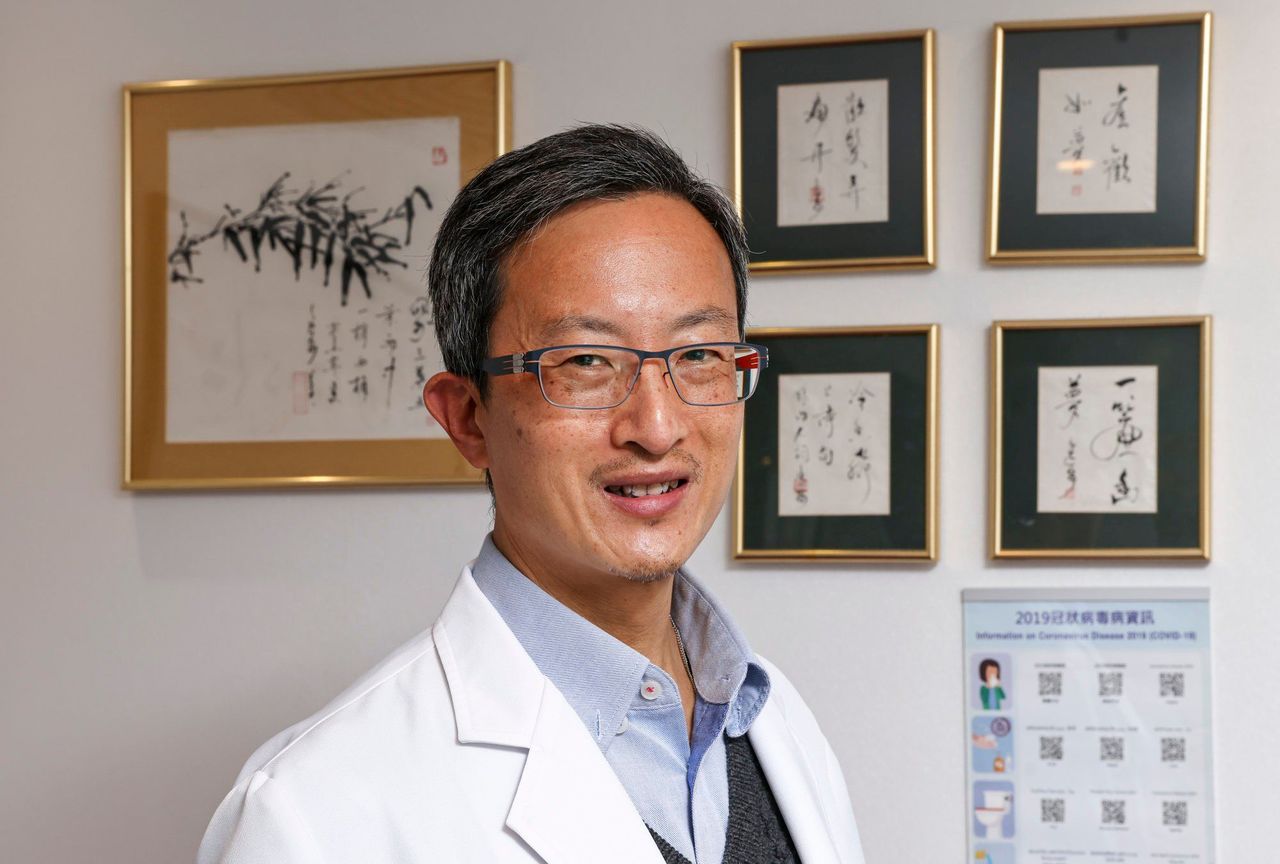Private Hospitals Association says ‘little incentive’ for the sector to acquire vaccines for sale to patients.
Private hospitals and doctors in Hong Kong have cast doubts on the viability of them giving Covid-19 jabs for a fee, despite a government insistence that manufacturers were “striving” to offer vaccines to the sector.
The private operators on Friday said they were sceptical about the scheme because free shots were easily available to residents and there were uncertainties on when and how many mainland China or non-resident patients would travel to pay for vaccination.
Doctors and patients’ rights groups have already highlighted the need to maintain government-subsidised Covid-19 vaccinations in the long term because the coronavirus was likely to become endemic.
 Private hospitals and doctors say free shots are easily available to residents.
Private hospitals and doctors say free shots are easily available to residents.
Ho said demand among city residents for private vaccination was non-existent, not only because of the cost, but also because jabs given outside the government programme would not be covered by an indemnity fund set up to provide financial support to people who suffered serious vaccine-related complications.
 Medical sector lawmaker Dr David Lam.
Medical sector lawmaker Dr David Lam.
Medical sector lawmaker Dr David Lam Tzit-yuen, whose private clinic’s patients were almost all residents, agreed there was no reason for him to buy vaccines as long as residents could get free jabs.
Ho said a viable for-fee vaccination service would be fuelled by demand from outside the city.
“If there are many from the mainland coming for the vaccines, potentially there is a market,” he said.
They were speaking after the government on Thursday announced that private clinics and hospitals in the city could start direct purchases of the three types of vaccines available in the city from suppliers and charge their patients for jabs.
The government said that the manufacturers were “striving” to offer the vaccines to the private market “as soon as possible”.
Officials added the Covid-19 vaccination programme would be reviewed next year.
Hong Kong residents continue to be eligible for all the available varieties of vaccine free of charge.
Some non-residents can get the original BioNTech and Sinovac vaccines without a fee, including some overseas visitors, but they cannot get the Omicron-specific or infant versions free of charge.
The BioNTech mRNA vaccine, although used in Hong Kong and Macau, is not approved for use in the mainland.
The Post has reported that mainland residents have paid up to HK$1,650 (US$212) to get a booster shot of the original BioNTech vaccine in Macau, where unvaccinated mainland residents can visit on an almost unrestricted basis.
Bookings for the service were listed as full until January 28 next year.
But most of the border checkpoints between Hong Kong and the mainland remain closed.
“Everybody is keeping a watchful eye on how border reopening is to happen and how many from the mainland are interested to come to Hong Kong for vaccination,” Ho said.
Lawmaker David Lam predicted that a Covid-19 vaccination scheme would likely be in line with flu vaccination arrangements, where the elderly and high risk individuals get free vaccinations, but healthy adults had to pay.
“The coronavirus has already gone through four to five mutations. If we are fortunate enough to see it mutating into a virus like another flu, then we should handle it like the flu,” Lam said.
But he warned that there remained a possibility that Covid-19 could still develop strains much more virulent than the flu.
Tim Pang Hung-cheong, a patients’ rights advocate at the Society for Community Organisation, welcomed the prospect of a subsidy scheme that would better safeguard the well-being of the high-risk population.
But he also expressed reservations over a permanent free vaccination scheme because of the cost to taxpayers.
He said he anticipated that healthy adults would no longer need boosters to protect themselves and a full subsidy would do little to encourage vaccination among low-risk groups.















